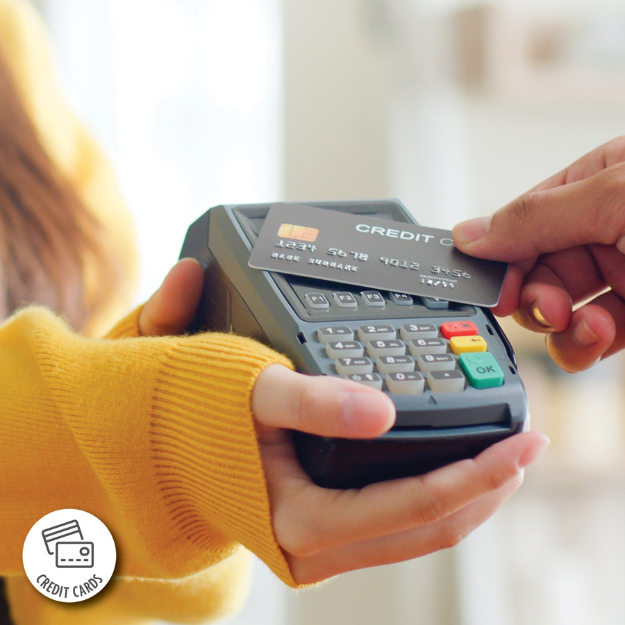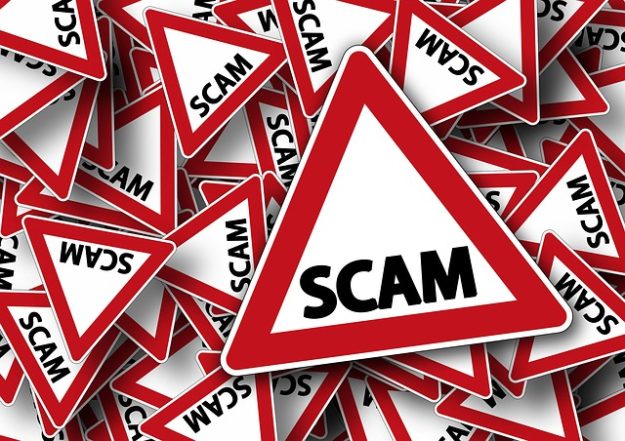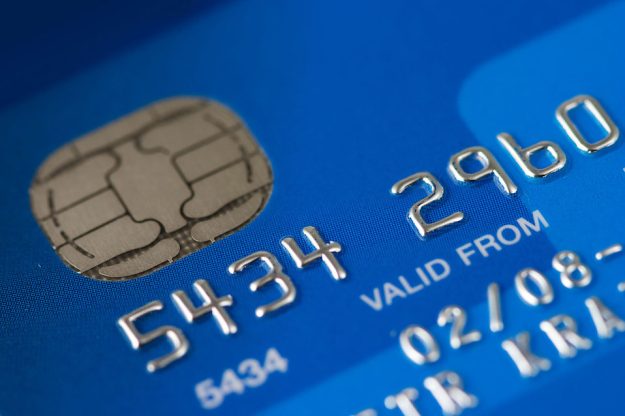What I Wish I Learned in School 3 of 12: Credit Card Smarts
When it comes to life skills, managing credit cards is one of the most important lessons. But mastering the ins and outs of responsible credit card management can be the key to a lifetime of financial wellness. On the flipside, irresponsible credit card usage might trigger a downward spiral toward long-term debt and not being able to get larger loans later on. Here are the basic credit card smarts to know.
Understand how credit cards work
A credit card is a short-term loan. So, there is an expectation that you’ll pay it back — ideally on time and in full. Many first-time credit card owners don’t realize that paying only the minimum balance can lead to a lot of interest charges, and thus, make every purchase more expensive over time. Know the annual percentage rate (APR) on each of your credit cards and understand how interest accrues for times when you must carry a balance on your card.
Build credit early
Your credit score plays a pivotal role in your financial life. It can impact everything from your ability to rent an apartment to securing a car loan or even landing a job. It’s also super-important to start building your score as early as possible because the length of your credit history makes up a large percentage of your credit score. Paying your bill on time and keeping your credit utilization low are key factors in keeping a healthy credit score.
Use your credit card like a debit card
Credit cards make it easy to spend money you don’t have. As a teenager or college student, the temptation to swipe for meals, new clothes or gadgets is hard to overcome. It’s important to remember, though, that every swipe adds up. Losing track of your spending might bring a balance that’s difficult to pay off. Budgeting and tracking expenses are crucial habits to develop early on to avoid credit card debt.
Never miss a payment
Never miss a credit card payment, even if you can only afford to pay the minimum payment. Missing just one payment can have a bad impact on your credit score, in addition to late fees and penalty interest rates.
Understand rewards and perks
Credit cards often come with rewards programs, cash-back options and perks, like travel insurance or purchase protection. While these benefits can be valuable, they shouldn’t drive your spending. Make sure you weigh the potential costs of using your credit card for purchases before deciding to whip out the plastic.
Avoid credit card traps
Credit card companies don’t always make their terms crystal clear, and that’s no accident. Before signing up for a new credit card, read the fine print. For example, an enticing 0% APR offer might revert to a much higher rate after the promotional period.
Learn about credit utilization and its impact
Credit utilization refers to the ratio of your credit card balance to your credit limit. This percentage significantly impacts your credit score. It’s best to keep your credit utilization (across all your cards) below 30%.
Use these tips to learn how to manage your credit cards responsibly.














